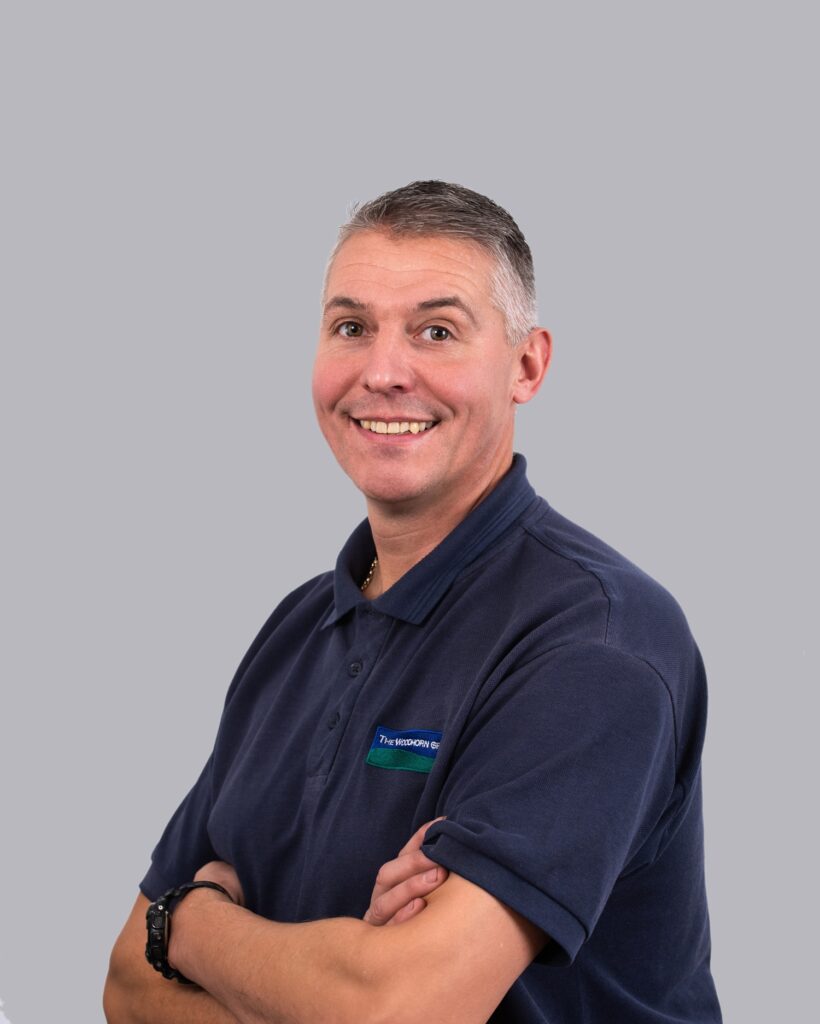A Day in the Life –Tim Eames, Tangmere Recycling Site Manager
Tim Eames manages our green waste recycling site at Tangmere in West Sussex. As part of our meet the team series, Tim explains what his role entails and shares how a typical day on site looks.
I’m usually up by 6am, fuelled by a strong coffee and a quick breakfast. While I’m waking up, I check over the day’s plan and pick up any early messages – if someone’s off or something’s changed, I’ll tweak the schedule before heading out.
By 7:20am I’m on site, giving myself a bit of time before the team arrives. Our daily briefing kicks off at 7:30am. It’s our chance to sort the plan for the day – who’s doing what, any safety points, visits from contractors, that sort of thing. We’ll go over everything from green waste processing and compost screening to batch turning, production and any machinery faults.
By 8am we’re in full swing. I make sure all the kit – loaders, shredders, and screeners – are running properly, then do a walkaround to spot any issues that might’ve cropped up overnight. I’ll check fences, lagoon levels, and generally make sure the place is good to go.
Mid-morning, I take a closer look at the site operations to make sure we’re sticking to the rules and the Site operating safely. It’s also a chance to see what needs tidying up and prompt the team with any operational support in each area, we do get regular visitors, so keeping the place looking sharp matters.
Lunchtime is usually quick – just a bite while I catch up on admin. I’ll input daily numbers, look at weighbridge logs, and keep the health and safety records up to date. I also spend some time offering support on how the team’s doing and jot down notes for any training or development chats we’ve got coming up.

Early afternoon, I dive into the more behind-the-scenes stuff – ordering parts and supplies, tracking down anything we need to keep the place ticking along. That means everything from workshop tools and PPE to getting quotes from suppliers and checking we’re getting a fair deal.
Later in the afternoon, it’s often time for meetings, either with customers, contractors, or just internal catchups. We talk about how to improve the site layout, make things easier for vehicle access, deal with any drainage or safety issues, and plan ahead for upcoming operational needs.
By 4:30pm, we’re wrapping up. I check that all machinery’s shut down and site is being prepared for being locked with one last walk around. By 5pm, we’re all closed and ready for tomorrow. It’s a good feeling to know the site’s clean, the team’s done a solid job, and we’ve stayed on top of everything.
Then it’s time to clock out, take a breather, and get ready to do it all again tomorrow in the world of waste and compost.
